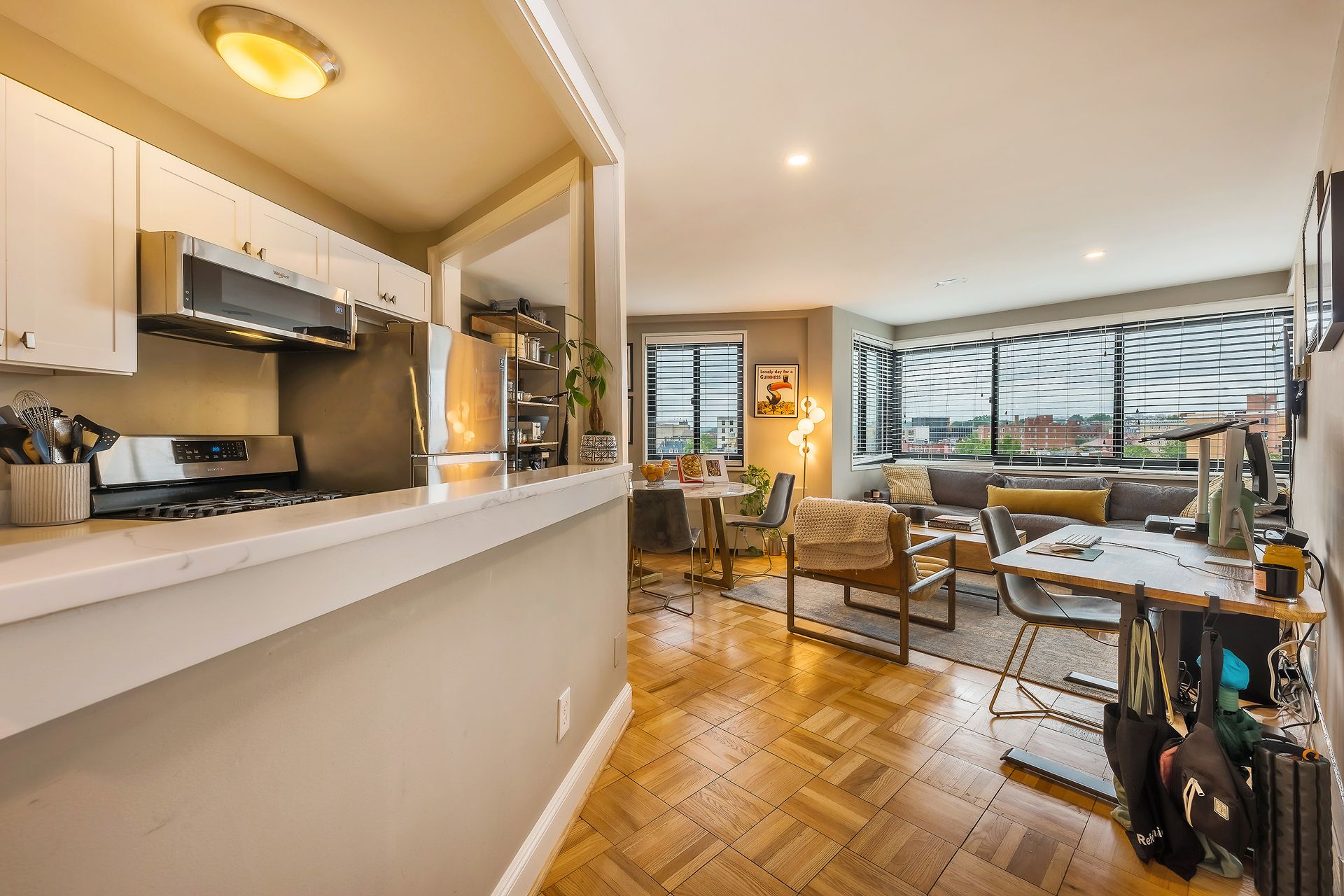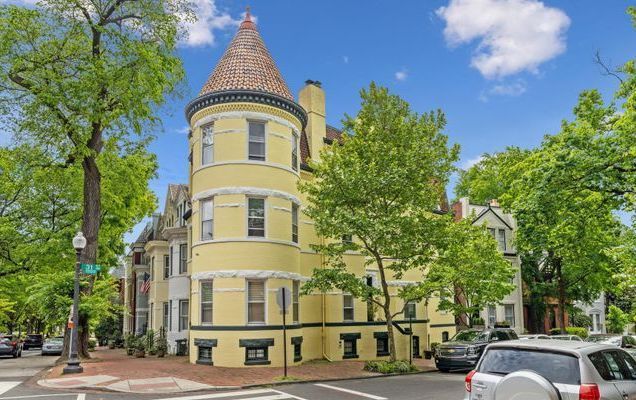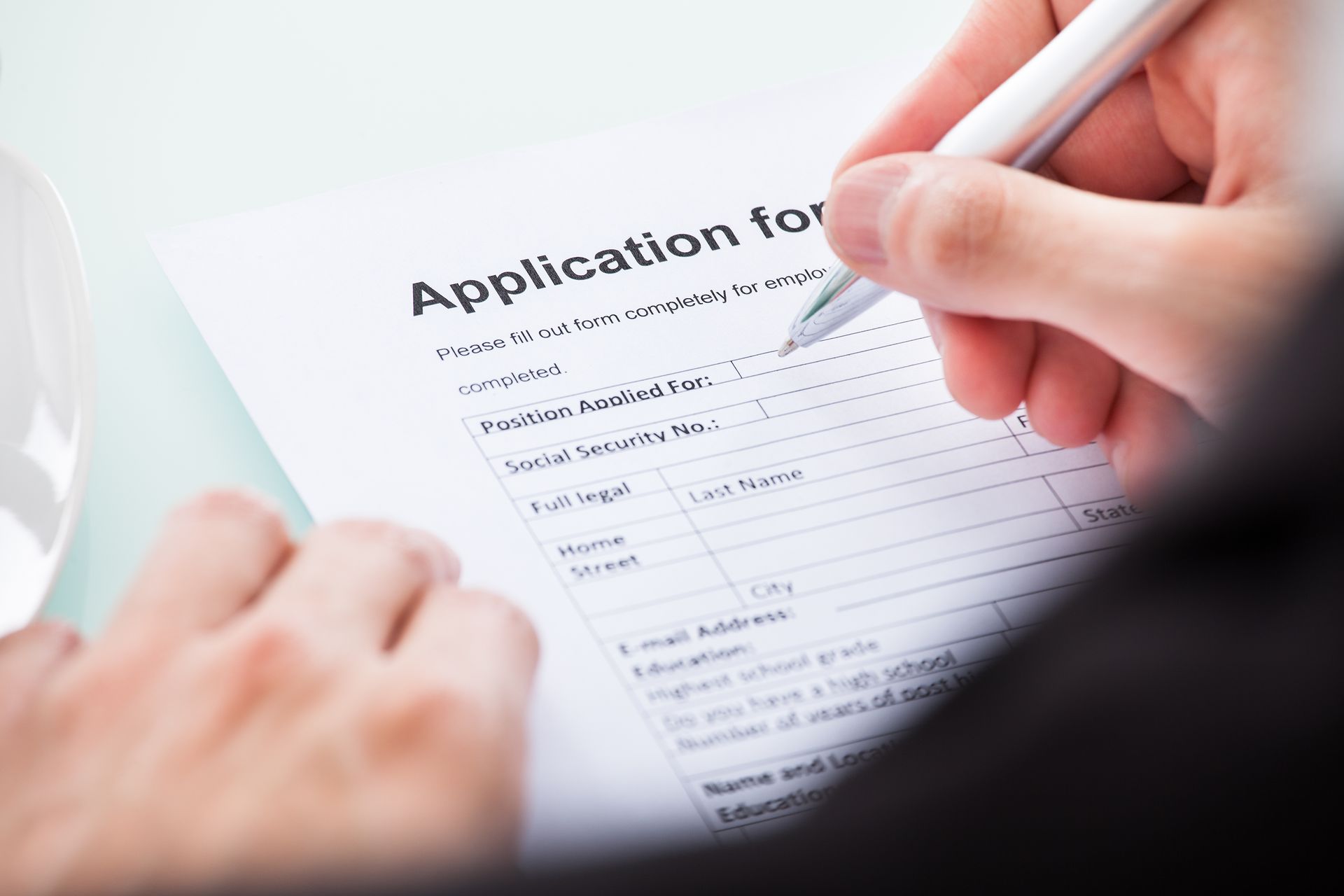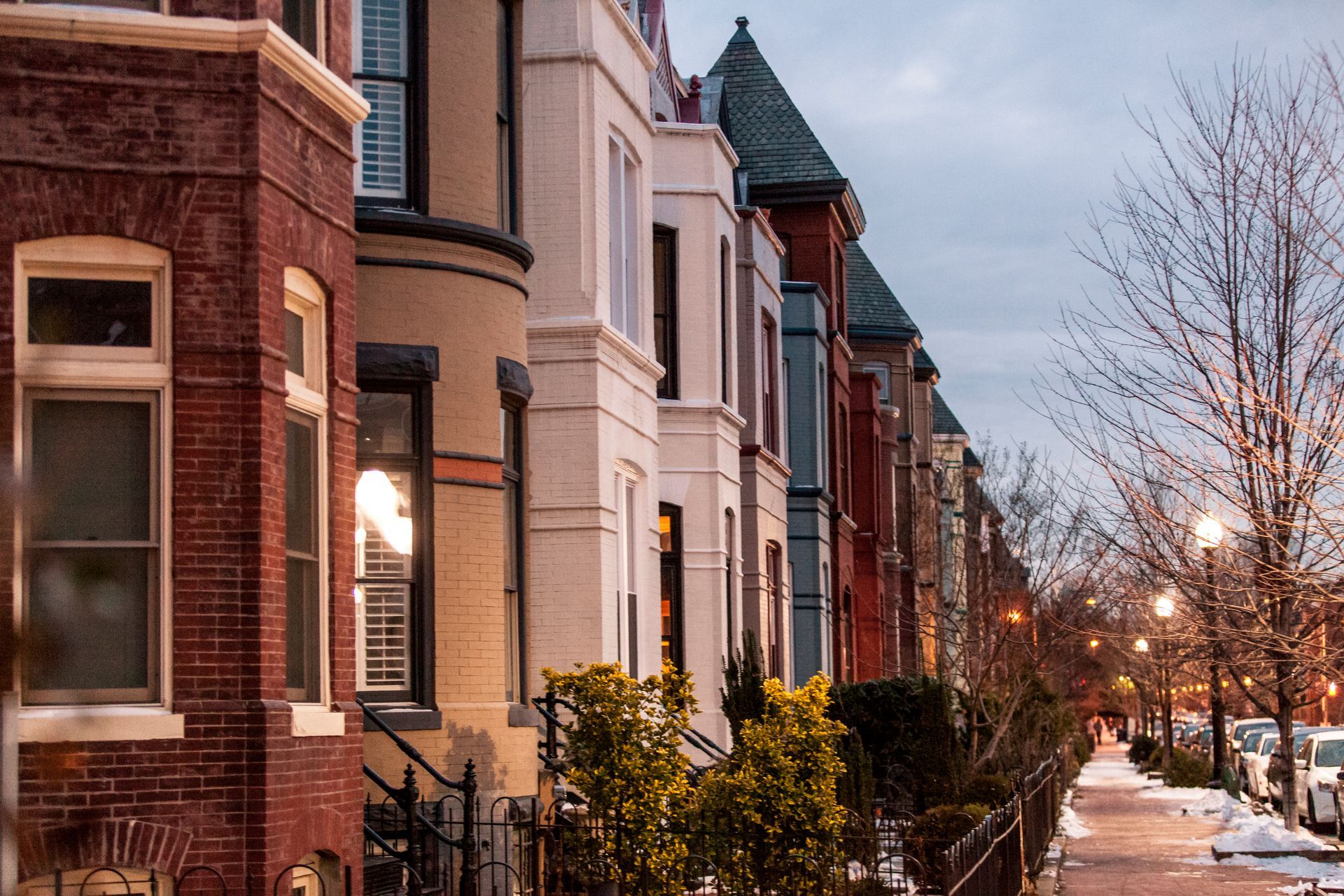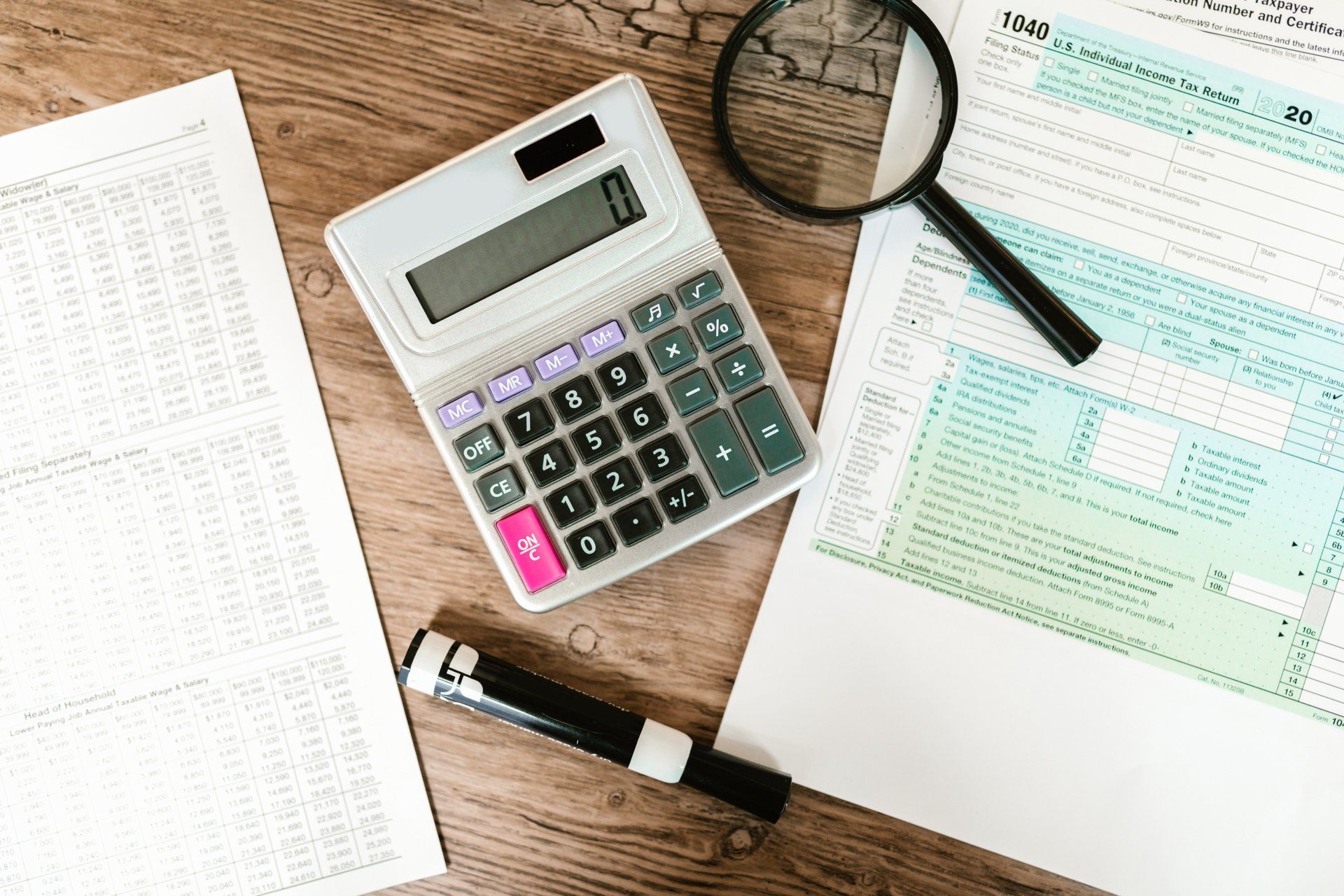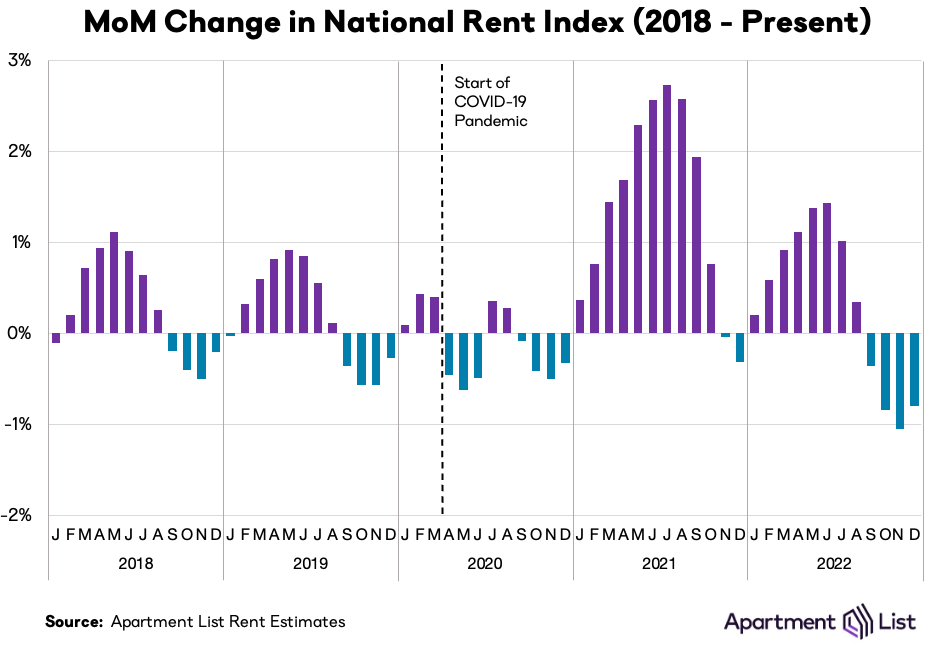5 Tips for Finding Your Dream Rental
Finding property for rent in the DMV isn’t easy. There are a lot of options, but good homes go quickly! Use these 5 tips to give you a leg up on everyone else.
1. Make a List of Wants and Needs
When you’re getting ready to find a rental property in the DMV (or anywhere, for that matter), you need to start with a list of wants. Break the list down into
must-have, prefer-to-have, and nice-to-have-but-not-necessary features and amenities. Do this for both your individual unit and for the building itself. These lists will help you narrow down your options early, and save you time in the long run.
Be thorough. Even if you’re on a budget, you’re allowed to look for an apartment that meets your needs. There are plenty of things that someone may not be able to go without, even if they seem “extra” to someone else.
For example, while studios are fantastic little apartments, someone who works from home may not want a studio because they may struggle to separate their “work” space from their “home” space. That may be a non-negotiable for you.
On the other hand, your nice-to-haves will be more flexible. They’ll be things that would be,well, nice to have in an apartment, but if you have to go without them for a year or so, it won’t be a huge problem.
An example of a nice-to-have may be something like private outdoor space like a balcony or terrace. These features are great, but they're also in high demand and come at a premium. If an apartment is otherwise perfect, you may want to consisder if the building has any shared spaces like a rooftop or perhaps a shared garden if you're looking for something in a smaller building or even a converted rowhome.
Things to consider when you’re making these lists include (but are not limited to):
Square footage
Parking
Outdoor space
Allows pets
Certain appliances (laundry, dishwasher)
Number of bedrooms
Proximity to work/Commute
Keep this list with you while you’re browsing apartments online and when you’re visiting the apartments in person.
2. Keep Your Budget in Mind
It’s no secret that real estate in and around Washington, DC is expensive. Make sure you know your budget and that you’re ready to stick within it, especially if you plan on renting through a property management company rather than an independent landlord.
Generally speaking, it’s a good rule of thumb for your rent to not cost more than one-third of your monthly income (though some households have to stretch this).
Remember that you may also be paying for some utilities and parking depending on the specific lease terms for the property. You will also be paying a security deposit in addition to your first month’s rent, which will be more money.
If you’re moving all of your things with you, you also have to pay for that. Even if you’re moving a short distance, you’ll likely either be paying for a moving truck or paying actual professional movers.
If you plan on buying new furniture for your new apartment, that also has to be factored in.
The first month in a new apartment is always the most expensive, but you still need to keep those expenses in mind when you’re making your budget.
3. Pick the Right Neighborhood
Have you put any thought into what neighborhood you want to live in? If you’re moving to DC for the first time, acquaint yourself with the different neighborhoods before you start choosing apartments. . Each neighborhood is unique and has offers it's own vibe and mix of features and amenities. Make sure the neighborhood you choose has everything you need.
Often, the neighborhood you live in can dramatically influence your overall experience and quality of life. DC is no exception. If you love your neighborhood, you’ll love your life!
4. Read Listings Carefully
When you finally start looking at apartment listings online on all of your favorite sites, make sure you read them all carefully. Often, these listings are full of pre-screening information that lets you know whether or not you’d be a good applicant for that specific apartment. You may also get information about the apartment that would make you more or less likely to choose it.
For example, the photos of the apartment may be taken in such a way that it looks spacious, but the listing may say that the square footage is smaller than you’re willing to rent.
On the other hand, the photos may be poor quality and the apartment may look small and dark, but the description may reveal that it actually has far more space than meets the eye.
5. Make a List of Questions for Visits
Now it’s time to start visiting apartments. It’s always best to visit an apartment in person before you rent as long as you’re able to do so. If not, ask about a virtual tour.
Make a list of questions to bring with you for the landlord or apartment manager. Anything that’s not immediately obvious in the photos or the listing can go into this list of questions.
For example, you may want to ask about the cost of laundry in the building (if applicable), which utilities you would be responsible for paying, or what amenities are available to residents.
These visits are also a great time to ask questions of the people who already live there. Show up early and hang in the lobby or just outside. Tell people who live there that you're considering moving in and want to know what it's like to live there. You'll get loads more information from a potential neighbor than you will from a property manager or a landlord.
Finding the perfect home to rent in the DMV isn't easy, but these tips can help you narrow down your options. You deserve to live in a home that makes you happy. Don’t settle for less than the best!
Do you have questions about renting a home in the DMV, Just ask James!
